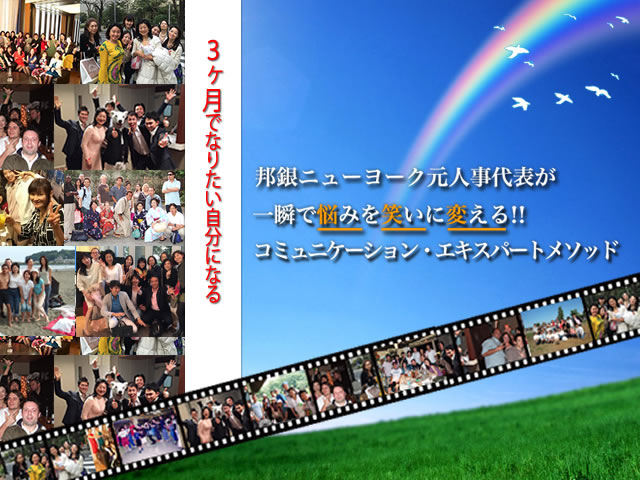色々な企業で研修を行い、感じるのは、日本企業出身者と外資系出身者の「話し方・考え方」の明確な違いです。
日本企業経験者は控えめであいまいに表現。
一方、外資系経験者は率直に意見を伝え、服装も個性的でリラックス。仕事を楽しむ空気が漂います。
同じ質問でも回答は真逆になることも。
「個人で働く vs. グループで働く」では、日本企業出身者は全員グループ派、外資系は全員個人派でした。
これは企業文化が作る「マインドセット(思考の基本姿勢)」の違いです。
日本企業は“協調・全員で進める”を重視、外資系は“自己判断・自己責任”を重視します。
英語を使う前に、この考え方の違いを理解し、自分の中で「どのモードで話すか」を切り替えることが重要です。
もっと多くの日本人が外資系の働き方を経験すれば、視野も広がり、英語も自然に活きるはずです!
日本人がグローバル時代を生き抜く鍵は、語学力だけでなく「状況に合わせたマインドの切り替え」にあります。
👆Japanese companies and foreign companies are so different! Mindset changes English communication skills
Through training at various companies, I’ve noticed a clear difference in the way Japanese company employees and foreign company employees speak and think.
Japanese company employees tend to be reserved and express themselves vaguely.
On the other hand, foreign company employees express their opinions frankly, dress individually and casually, and enjoy their work.
Even the same question can yield completely opposite answers.
When asked about “working individually vs. working in a group,” all Japanese company employees preferred working in a group, while all foreign company employees preferred working individually.
This difference stems from the “mindset” (basic attitude toward thinking) shaped by corporate culture.
Japanese companies prioritize “cooperation and moving forward together,” while foreign companies emphasize “self-reliance and personal responsibility.”
Before using English, it’s important to understand this difference in thinking and switch between “which mode to speak in” within yourself.
If more Japanese people experience the working style of foreign companies, their horizons will expand, and English will naturally come to life at the same time!
The key for Japanese people to survive in the global era lies not only in language skills but also in the ability to “switch mindsets according to the situation.”
#Cross-cultural communication #Corporate training # Japanese companies and Foreign companies #Business English #Mindset #Global talent #Workstyole reform


















COMMENT